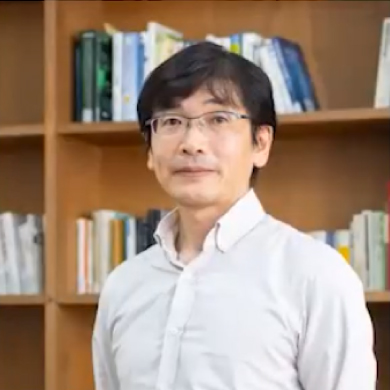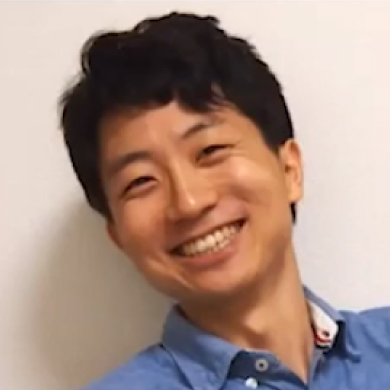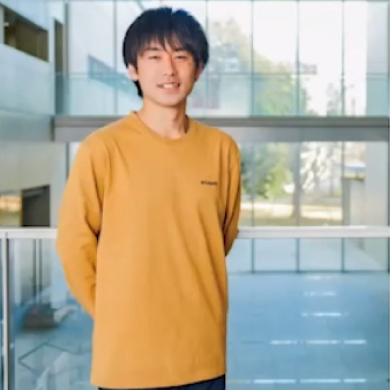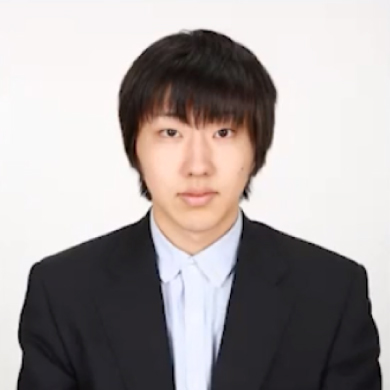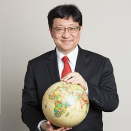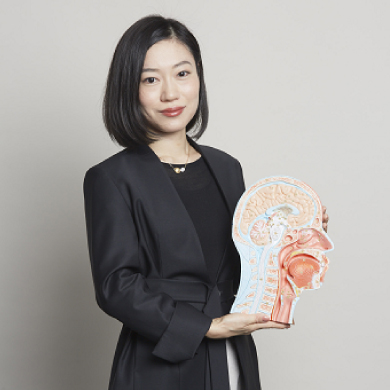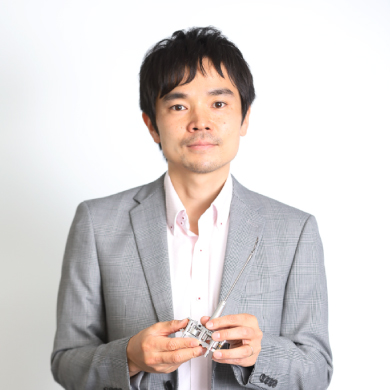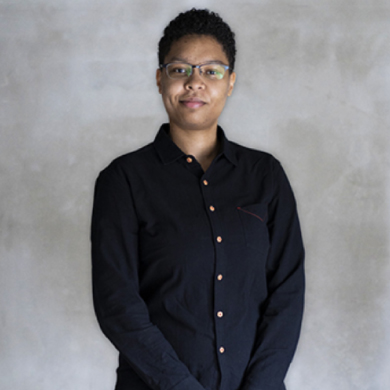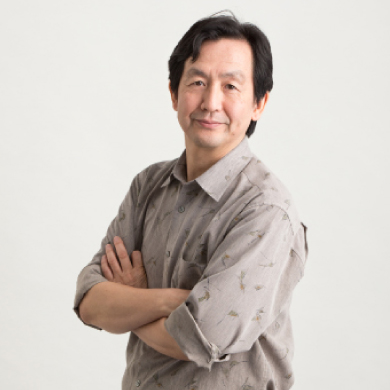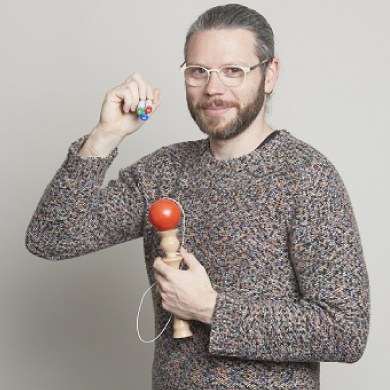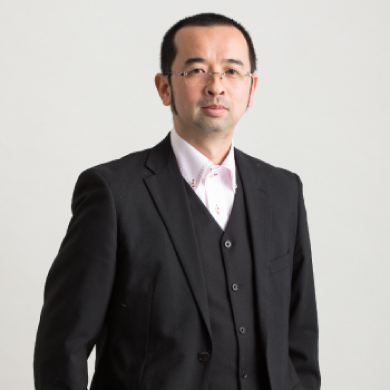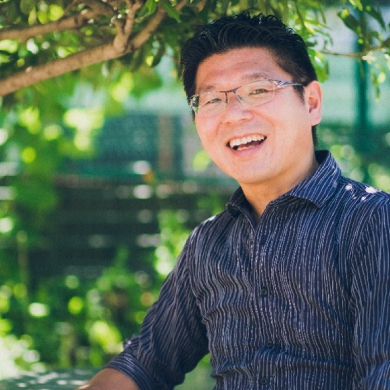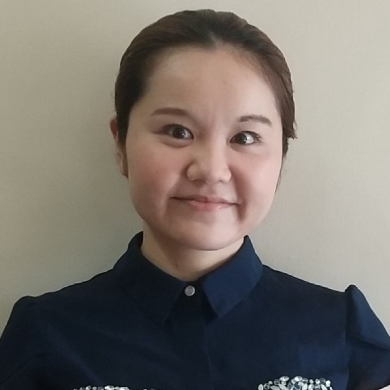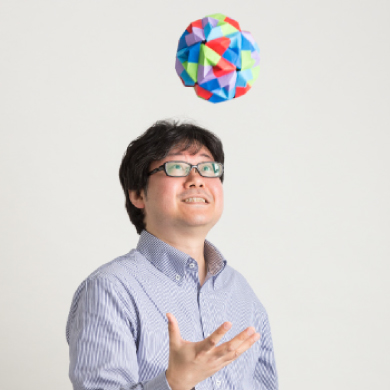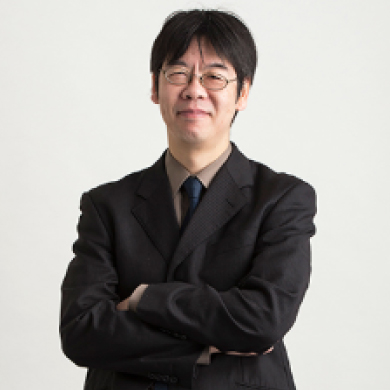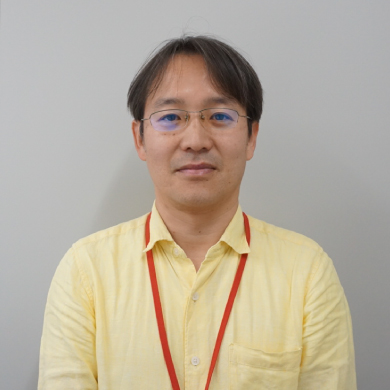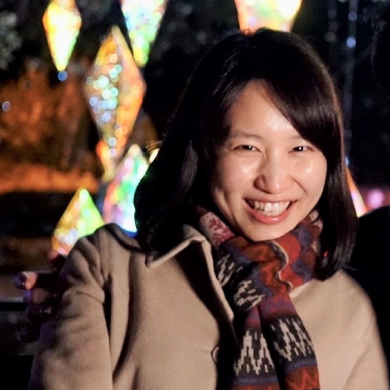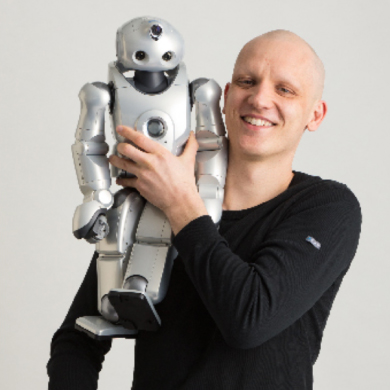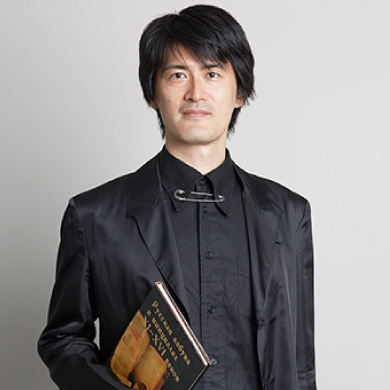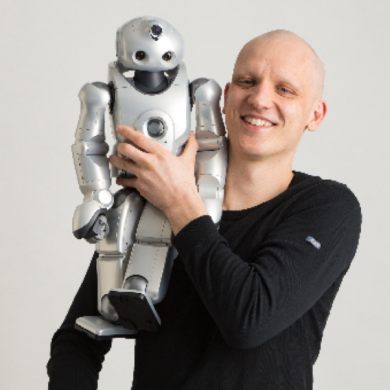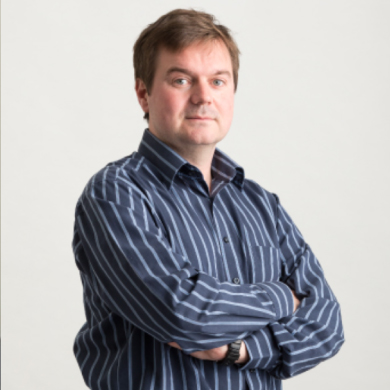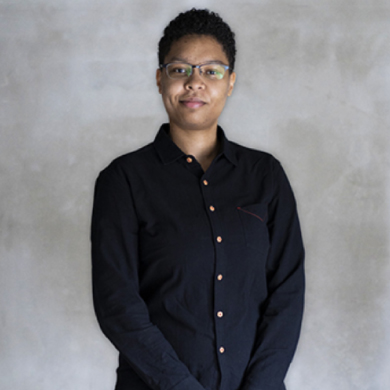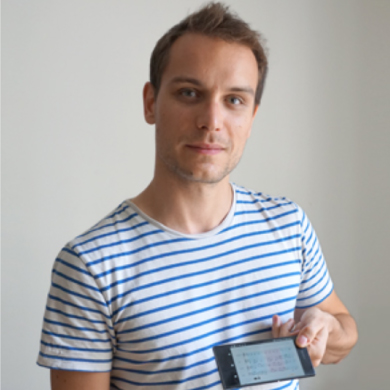3/16 (Wed)
DAY1 : Data & AI
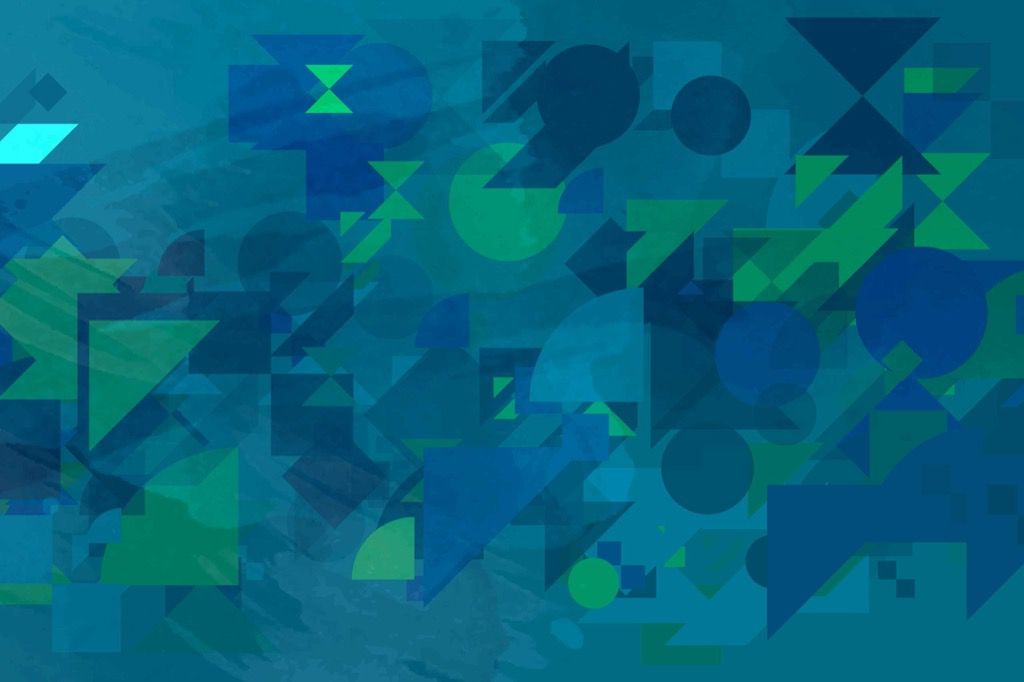
Others will be presented in Japanese. (we are sorry, but no English subtitles)
When Sony CSL was founded, we declared that our philosophy was to conduct research for the future of humanity. But the time has come to take an extra step. Our mission now is to conduct research for the future of humanity and our planet.
In these keynote, I will be giving a general overview of our research activity, discussing why we have updated our mission statement, and introducing our concept of Global Influence Projection, a key message of this Open House.
My goal is to address society-wide mental health issues, and my daily research involves exploring the underlying mechanisms of the brain and related healthcare interventions. In this session, I will discuss a particular area of focus in my research: anxiety.
Why is it so hard for us to live a life free of mental anxiety? A crucial fact is that anxiety functions as a shield, a mechanism of the brain that defends us from various types of danger. In order to study the mechanisms of the brain in any detail, we must redefine complex mental phenomena in simple ways. But if our research designs are too simple, we find it hard to map our findings on to the mental phenomena we observe in the real world.
I see one of my most important research goals as not simply understanding the mental health issues from which we suffer, but translating that understanding into methods of care. To achieve this goal, I have been identifying the factors that can bridge the gaps between conventional research and the real world, and studying them carefully one by one.
The zone of optimal learning for humans, artificial agents, or the scientific process itself is at the frontier between success and failure. It is said that "if you are not failing, you are not trying hard enough;" what happens when we apply this philosophy to various complex systems?
In this talk, I present the two major axes of my activities as a researcher. The first part focuses on initiatives to kickstart revolutions in science communities, based on known failures in the scientific process: distributed social experiments in science organizations, a new publishing platform, and a new type of scientific contest. The second part details experiments that harness failure in complex systems such as Reinforcement Learning agents and predictive Deep Neural Networks in order to understand their biological counterparts.
As we see with the rise of the baby tech industry, childcare and technology are growing ever closer. However, most of this involves at-home childcare. In Japan, where nuclear family units are the norm, knowledge about childcare often is not shared among communities, and so the need for dedicated nursery and daycare facilities continues to grow. I do work in this general field, which I call Hoiku Tech. Childcare facilities in Japan have institutional and cultural peculiarities that make it difficult to test out new technologies and bring rapid improvements to day-to-day operations.
For this talk, I have invited Mr. Hachiro Suzuki of Kuraki Nagata Nursery School and Dr. Midori Takahashi, Project Research Associate at the University of Tokyo’s Center for Early Childhood Development, Education and Policy Research (Cedep) to discuss the approaches taken thus far by researchers in this field, and the technological developments on the horizon.
For a long time now, Sony CSL has engaged in research on the evolution and structures of language, and also on machine learning. We have used our technologies in these fields to develop customer support services in collaboration with Bell System24 Holdings (Bell24HD), a company with many years of firsthand experience operating contact centers.
In this session, special guest Shinsuke Kageyama, the CIO and CTO of Bell24HD, will discuss his company's hybrid approach to people and new technology, and our collaboration on the construction of its Cybernetics Contact Center. After that, we will give an overview of current development work.
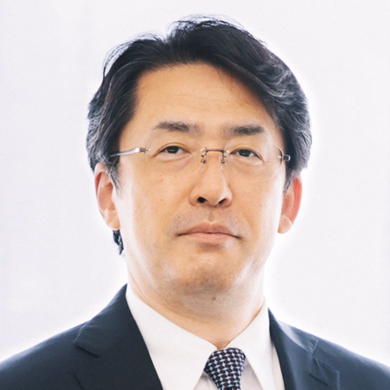
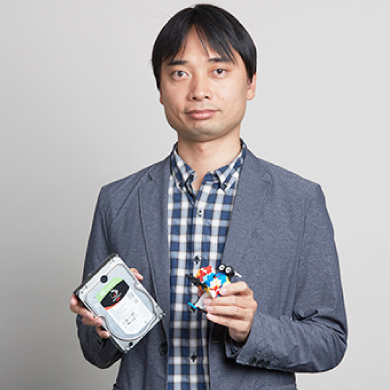
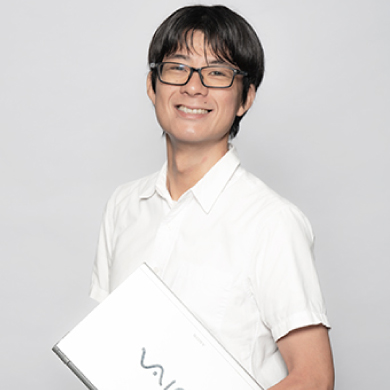
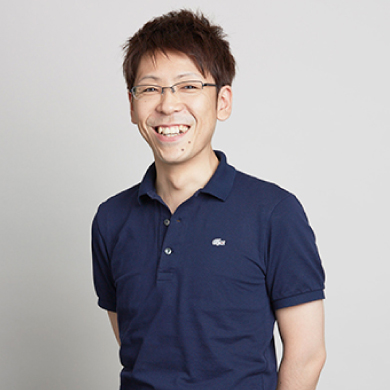
aSSe22 project of Sony CSL develops innovate core technology and impacts on investment management industry as a "Good Outsider" after the project to apply artificial intelligence with Government Pension Investment Fund (GPIF) Japan. At the open house, it presents the following agenda:
"What is aSSe22 project?" -Highly diversified team in terms of capability, career and working style-
"Does AI take over job of rating agency?!" -Capability portfolio between human and AI-
"What aSSe22 educate at a forest, not at the traditional financial district?" -Program of finance and AI at International Christian University and next step-
